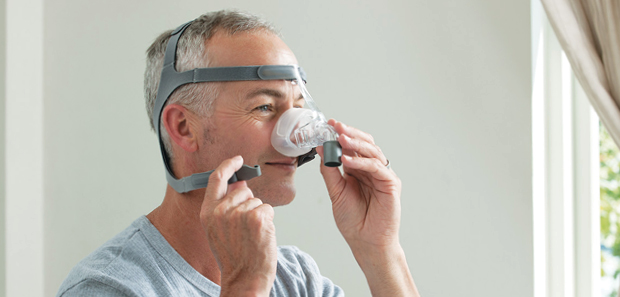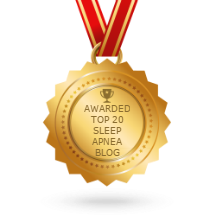
Sleep Apnea: Can You Lessen The Occurrences?
We might ‘own the night’, as Selena Gomez sings, but sometimes this is easier sung than done and the night owns us instead. For one reason or other, sleep can be elusive to many – quality sleep most especially. A number of sleep disorders have been growing in prevalence of late. Among these is sleep apnea.
The three types of sleep apnea are: obstructive sleep apnea, where the soft tissue at the back of the throat relaxes in sleep, creating a block to the air passage and is often accompanied by loud snoring; central sleep apnea where the brain from time to time fails to send the signal to muscles for breathing and is seldom accompanied by snoring; and complex sleep apnea which combines characteristics of obstructive sleep apnea and central sleep apnea.
When doing self analysis, the symptoms of sleep apnea can include pauses in snoring followed by gasping or choking sounds, daytime sleepiness even after what seems like a long night of sleep, headaches in the morning, difficulty in concentration and memory, irritability, depression, mood swings, frequent urination at night and morning-after mouth dryness or soreness in the throat.
To be sure, progression in sleep apnea can have severe consequences. It has in fact been associated with dementia, cardiovascular problems and death. This is why the recent discovery in Sweden, published in the Journal of Anatomy, by researchers from Umeå University is regarded with much optimism and expectation. This team of scientists found muscle fibers in the soft palate of both infant and adult humans that are, not only unique but also, plentiful in individuals who snore and those who have sleep apnea.
The team, under the direction of Associate Professor Per Stål of the Umeå University Department of Integrative Medical Biology, made the discovery during their analysis of the muscles of patients with and without obstructive sleep apnea. The team wanted to determine if vibrations from snoring as swell as the stretching of tissue can actually result to neuromuscular damage to the upper air passage and eventually result to obstructive sleep apnea or even swallowing dysfunction.
Farhan Shah, lead author from the team, says: “This discovery of special group of fibers gives us deeper insight into the complex anatomy and physiology of the upper airway and evolutionary specialization. These unique fibers have a special molecular build-up with an absence or modified design of some key proteins. Surprisingly, absence of these proteins have only been reported in genetic muscular diseases.”
Professor Per Stål further says: “Our published findings are significant and will hopefully help guide more successful treatment strategies in the future. This is just a step along the way, but it is an important one.”
In the meantime, a few recommended self-help activities that may aid in lessening the occurrence of sleep apnea are the following:
To view the rest of this sleep apnea related article, click below:
http://www.foodworldnews.com/articles/61646/20151208/8-effective-responses-to-sleep-apnea.htm
You can buy CPAP Machines, tubing and all of your CPAP supplies at CPAP America, 707 Mantua Pike, West Deptford, NJ 08096. Feel free to contact us at 1-800-569-0167.
You can also reach us via email here.

